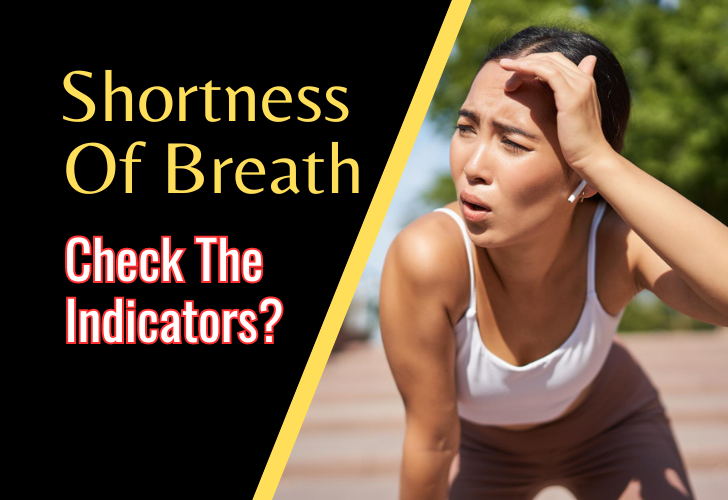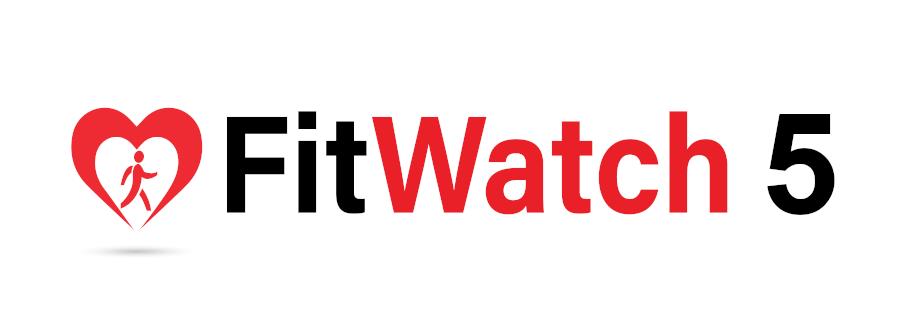
What Does Shortness Of Breath Indicate? Unraveling the Mystery
Have you ever had the abrupt sensation of being unable to catch your breath, as if the air around you had become thick and heavy? What does Shortness of breath indicate? “Shortness of breath” also known as dyspnea, is a typical symptom that many people may experience at some point in their lives. While it is usually innocuous and transient, it can occasionally indicate underlying health problems that require care. In this detailed guide, we’ll look at the numerous causes and consequences of shortness of breath, throwing light on what this seemingly innocuous symptom could really mean.
Understanding Shortness of Breath
Shortness of breath refers to more than merely feeling winded after a brisk walk or climbing stairs. It’s the sense of fighting to breathe normally, which is frequently accompanied by quick or shallow breathing. While isolated occurrences may be benign, chronic or severe dyspnea requires further investigation. It can be caused by a variety of circumstances, including medical issues, physical effort, environmental exposure, or even emotional stress.
Common Causes of Shortness of Breath
1. Physical Activity

Shortness of breath during exercise is very common and typically harmless. When we exercise, our muscles require extra oxygen, which raises our breathing and heart rates. Excessive breathlessness during ordinary tasks, or that lingers after you’ve finished exercising, may indicate an underlying problem.
2. Respiratory Infections
Respiratory infections, including the common cold, flu, bronchitis, and pneumonia, can cause inflammation and congestion in the airways, making breathing difficult. If you have shortness of breath accompanied with symptoms such as coughing, fever, or chest pain, you should seek medical assistance immediately.
3. Asthma
Asthma is a chronic respiratory disorder characterized by inflammation and constriction of the airways, resulting in frequent wheezing, coughing, and shortness of breath. While asthma can be controlled with correct therapy and medication, it can severely impede daily functioning and quality of life.
4. Allergies
Allergic reactions to environmental factors such as pollen, dust, pet dander, or specific foods can also induce shortness of breath in susceptible people. These responses frequently include swelling of the airways, known as anaphylaxis, which necessitates prompt medical intervention to avoid serious complications.
5. Heart Conditions
Shortness of breath can be an indicator of a number of cardiac diseases, including congestive heart failure, coronary artery disease, or arrhythmia. When the heart is unable to adequately pump blood, fluid accumulates in the lungs, causing shortness of breath, particularly during vigorous exercise or when lying down.
Less Common Causes of Shortness of Breath
1. Pulmonary Embolism
A pulmonary embolism occurs when a blood clot enters the lungs, obstructing blood flow and causing sudden shortness of breath, chest discomfort, and dizziness. This is a medical emergency that requires rapid attention to avoid complications including lung damage or organ failure.
2. Chronic Obstructive Pulmonary Disease (COPD)
COPD refers to a collection of progressive lung illnesses, including emphysema and chronic bronchitis, that are distinguished by airflow blockage and breathing difficulties. While smoking is the primary cause of COPD, long-term exposure to air pollution or occupational dangers can also contribute to its development.
3. Anemia
Anemia occurs when the body lacks sufficient red blood cells to transport oxygen to tissues and organs, resulting in weariness, weakness, and shortness of breath. It can be caused by a variety of circumstances, including as nutritional inadequacies, chronic disorders, or blood loss from injury or menstruation.
Conclusion
To summarize, shortness of breath is a complex symptom that can have a variety of reasons, ranging from innocuous to life-threatening. While some breathlessness is acceptable, chronic or severe dyspnea should never be overlooked. It is critical to listen to your body and seek medical assistance if you notice any unusual symptoms. Understanding and swiftly addressing the underlying causes of shortness of breath allows you to take proactive efforts to protect your respiratory health and general well-being.
FAQ's: What Does Shortness Of Breath Indicate?
1.Are there any emergency warning signs associated with shortness of breath?
Yes, emergency warning signs associated with shortness of breath include sudden onset, severe intensity, worsening with exertion or lying down, chest pain, fainting, confusion, bluish discoloration of the lips or nails, or coughing up blood. If you experience any of these symptoms, seek immediate medical attention.
2. What should I do if I experience sudden shortness of breath?
If you experience sudden shortness of breath, especially if it’s accompanied by chest pain, dizziness, or confusion, seek medical attention immediately, as it could be a sign of a serious medical condition such as a pulmonary embolism or heart attack.
3. Can shortness of breath be prevented?
While some causes of shortness of breath are unavoidable, such as respiratory infections or genetic predispositions, living a healthy lifestyle, avoiding smoking and secondhand smoke, effectively managing chronic conditions, and seeking immediate medical attention for respiratory symptoms can all help reduce the risk of experiencing breathlessness.
4. Can anxiety or panic attacks cause shortness of breath?
Yes, anxiety or panic attacks can result in shortness of breath due to hyperventilation (rapid breathing), chest tightness, and increased physiological arousal. Learning relaxation techniques and getting therapy can help with anxiety-related dyspnea.





